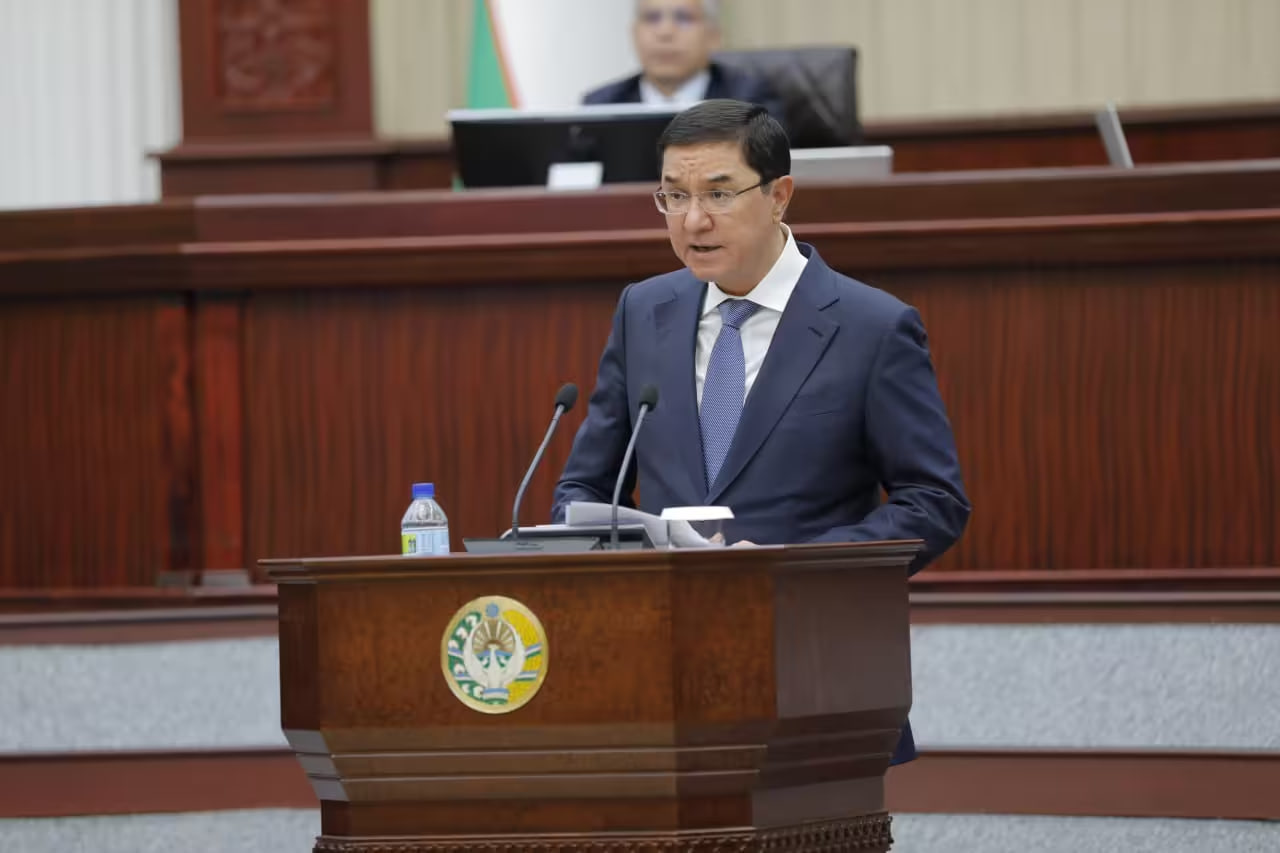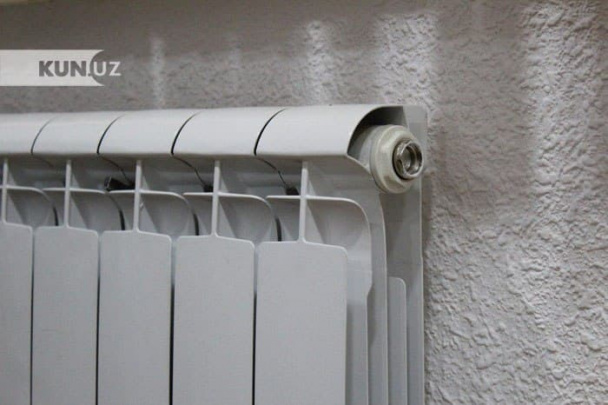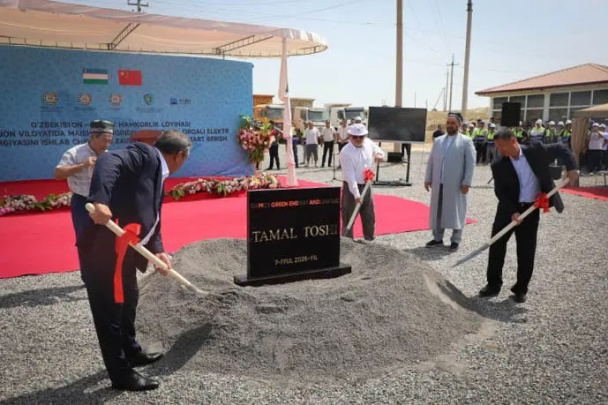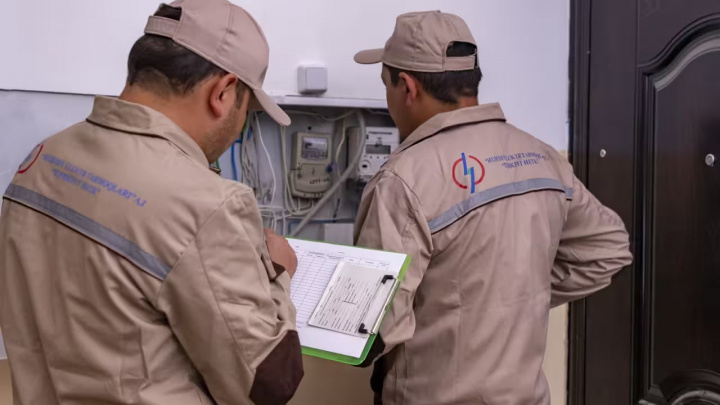“We don’t see any major concerns with tariff hikes”: Kuchkarov downplays tariff impact as households face utility burdens
Starting May 1 this year, Uzbekistan increased prices for natural gas and electricity. During a recent parliamentary session, Deputy Prime Minister and Minister of Economy and Finance Jamshid Kuchkarov stated that the new tariffs represent a moderate increase. “For 300 kWh of electricity per month, the cost has gone up by 20,000 UZS. People pay at least 35,000 UZS for mobile services,” the government official emphasized.

Photo: Oliy Majlis
On June 3, a regular session of the Legislative Chamber of the Oliy Majlis was held in Tashkent, during which Jamshid Kuchkarov gave a presentation on the execution of the state budget. At the end of his speech, he provided clarification regarding the revised electricity tariffs.
According to the Deputy Prime Minister, there are 7.6 million electricity consumers in Uzbekistan, and 70% of them use up to 300 kWh of electricity per month.
“We don’t see any major concerns with the tariff increase. If a family consumes 300 kWh of electricity per month, their monthly bill will increase by only 20,000 UZS – from 180,000 to 200,000 UZS. A single mobile phone subscriber pays at least 35,000 UZS monthly. Most families have three phones. Despite the modest rise in energy tariffs, social support measures are also being taken into account,” he said.
While explaining the matter further, Kuchkarov noted that if a household consumes 500 kWh of electricity per month, their payment amount will remain unchanged.
“The tariff for the first 200 kWh has increased from 450 UZS to 600 UZS per kWh. This means consumers will pay 30,000 UZS more than before. However, the rate for consumption between 201 and 500 kWh has been reduced from 900 UZS to 800 UZS. So, let’s say an average household consumes 500 kWh per month. Due to the reduction in the second-tier price, the total monthly bill remains unchanged — they paid 360,000 UZS before and will pay the same amount now,” he explained.
According to the minister, there are relatively few households in the country that consume 1,000 kWh or more per month.
However, public concerns suggest that the impact of the tariff hike may be more significant than government officials acknowledge. While the minister characterized the 20,000 UZS increase as negligible, the latest available data from the Finance Ministry shows that in 2022, 1.4 million workers in Uzbekistan earned less than 1 million UZS a month — and 1.2 million more earned between 1 to 2 million UZS. For many of these families, a 200,000 UZS electricity bill could represent 10–20% of their total monthly income.
Although wages have risen since 2022, detailed statistics on income distribution have not been made public in recent years. Instead, authorities report average wages, a metric often skewed by the disproportionately high salaries of government officials and top earners. For instance, if one group earns 1 million UZS monthly and another earns 60 million, the average of 30.5 million UZS does little to reflect the reality faced by low-income households.
In some areas of Uzbekistan, access to natural gas has been unavailable for years, especially in the colder regions. In winter, residents are forced to rely on electricity for heating, sharply increasing their consumption and utility bills. Others resort to burning coal or other materials to stay warm — a practice that has tragically led to carbon monoxide poisoning and loss of life. Against this backdrop, suggesting that 200,000 UZS is “not much” risks sounding out of touch with the everyday struggles of ordinary citizens.
Related News

09:10 / 12.07.2025
Uzbekistan to link electricity payments to waste collection debt starting August

17:11 / 09.07.2025
Government to gradually end heating and hot water subsidies by 2030

15:26 / 09.07.2025
Andijan region launches $140M waste-to-energy facility construction

10:19 / 09.07.2025



